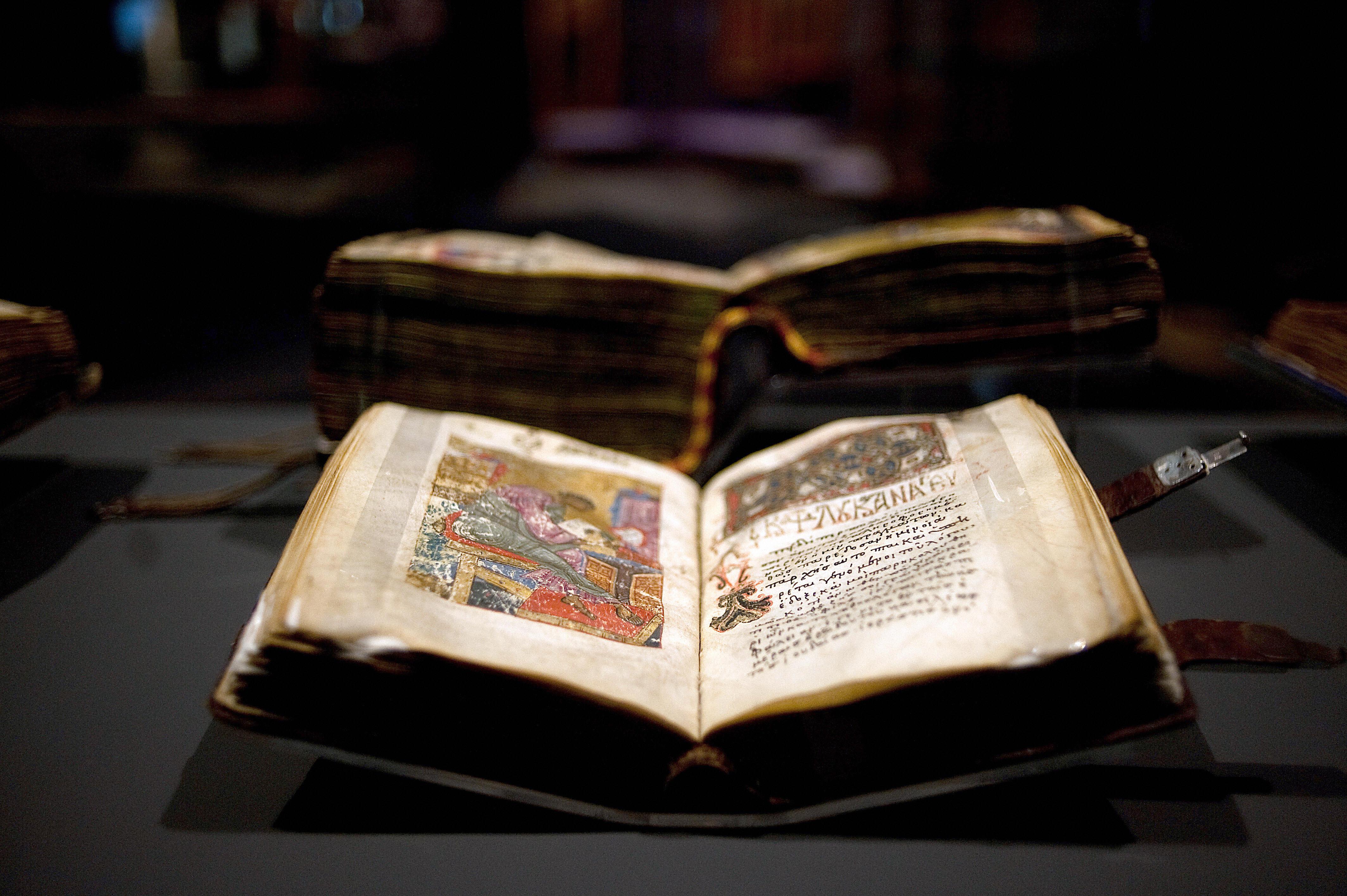You may have thought that, after all of these years, the text of the Bible, and its subsequent translations, is probably pretty airtight. What certain passages mean is obviously an ongoing debate. But, you don’t hear most people clamoring for a line edit of the good book. Most people don’t live in France.
Fearing that Catholics in the country have been reciting a version of the Lord’s Prayer that could be heard as blasphemous, French bishops have decided to edit the French-language Bible to end any apparent confusion about worshipers’ intentions when taking the time to recite the prayer.
The offending phrase? The Lord’s Prayer’s particularly high profile verse: “Lead us not into temptation.” Here’s the rub, courtesy of Agence France-Presse:
The existing French version of that line reads, “Et ne nous soumets pas à la tentation”, which translates as “Do not submit us to temptation.”
This has long been controversial because of the possibility of interpreting it in a way that suggests God has the power to make people succumb to the temptation of sin – contradicting most orthodox Christian theology which holds that He is infinitely and unchangeably good.
In the revised formulation, to be included in new bibles published on November 22, the line will read “Et ne nous laisse pas entrer en tentation” or “Let us not enter into temptation.”
The new, edited French Bible was authorized by the Vatican earlier this year. Other translation changes were also made, a process, according to AFP, that took 70 linguistic and theological experts 17 years to complete. The current, soon to be jettisoned, version of the Lord’s Prayer has been used in France since 1966.
